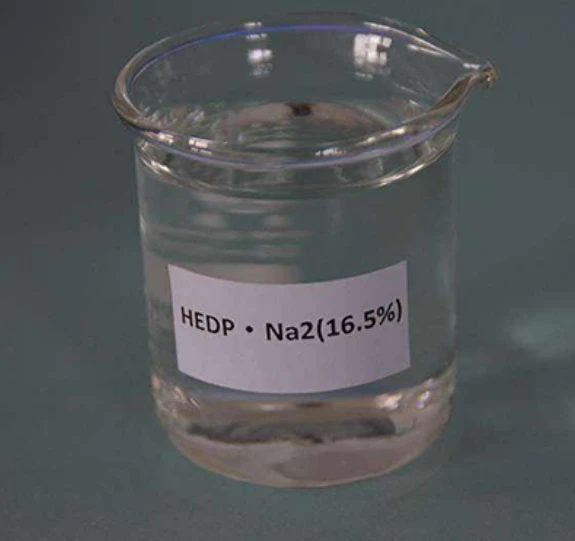Effective Strategies for Water Treatment Using Scale Inhibitors to Enhance Performance
Scale Inhibitors in Water Treatment Importance and Applications
Water is an essential resource for various industrial processes, including cooling, heating, and manufacturing. However, the quality of water can significantly impact these processes, particularly in terms of scale formation. Scale refers to the buildup of mineral deposits, often comprised of calcium carbonate, magnesium sulfate, and other inorganic compounds, which can lead to severe operational challenges. To mitigate these issues, scale inhibitors have become an integral part of modern water treatment solutions.
What are Scale Inhibitors?
Scale inhibitors are chemical substances that are added to water systems to prevent the precipitation and deposition of scale-forming minerals. These inhibitors work by interacting with the minerals in water, altering their crystallization processes, and preventing them from adhering to surfaces such as pipes, heat exchangers, and boilers. Typically, scale inhibitors are categorized into different types based on their chemical nature, including phosphonates, polyacrylates, and sulfonates. Each type has its unique mechanism of action and is selected based on specific treatment requirements.
Importance of Scale Inhibitors
The accumulation of scale can lead to a range of problems in industrial systems. Some of the most common issues include reduced heat transfer efficiency, increased energy consumption, and even catastrophic equipment failures. The presence of scale can also lead to decreased water flow rates, damaging pumps and other components within the system. Consequently, the use of scale inhibitors can be crucial in prolonging the lifespan of equipment, enhancing operational efficiency, and ultimately reducing maintenance costs.
scale inhibitor water treatment

Moreover, the economic implications of scale formation are significant. Industries that rely on large volumes of water—including power generation, oil and gas, and manufacturing—face considerable losses due to downtime and repairs caused by scaling issues. By deploying effective scale inhibitors, organizations can minimize these losses and ensure a smoother and more consistent operation.
Applications in Various Industries
Scale inhibitors have found applications across a diverse range of industries. In the oil and gas sector, they are often used in enhanced oil recovery processes and in the management of produced water. In power plants, scale inhibitors help maintain the efficiency of cooling towers and boilers, which are critical for energy production. The food and beverage industry also employs these chemicals to manage water quality in processes that require stringent hygiene standards.
In addition to industrial applications, scale inhibitors are increasingly used in municipal water treatment facilities to enhance the quality of drinking water and reduce scaling in distribution systems. This is particularly important in areas with high mineral content in the water supply, where scale-related issues can lead to public health concerns and increased operational costs for utilities.
Conclusion
In summary, scale inhibitors play a vital role in water treatment by preventing the formation of scale and the subsequent operational challenges that come with it. Their importance cannot be understated, as they contribute to improved efficiency, reduced maintenance costs, and extended equipment life across various industries. As water quality continues to be a pressing concern globally, the demand for effective water treatment solutions, including scale inhibitors, will only continue to grow. Industries must stay informed about the latest advancements in scale inhibition technology to leverage these benefits fully and ensure the sustainability of their operations.
-
lk-319-special-scale-and-corrosion-inhibitor-for-steel-plants-advanced-solutions-for-industrial-water-systemsNewsAug.22,2025
-
flocculant-water-treatment-essential-chemical-solutions-for-purification-processesNewsAug.22,2025
-
isothiazolinones-versatile-microbial-control-agents-for-industrial-and-consumer-applicationsNewsAug.22,2025
-
scale-inhibitor-key-solutions-for-water-system-scale-preventionNewsAug.22,2025
-
organophosphonates-versatile-scale-inhibitors-for-industrial-water-systemsNewsAug.22,2025
-
scale-and-corrosion-inhibitor-essential-chemical-solutions-for-water-system-maintenanceNewsAug.22,2025





